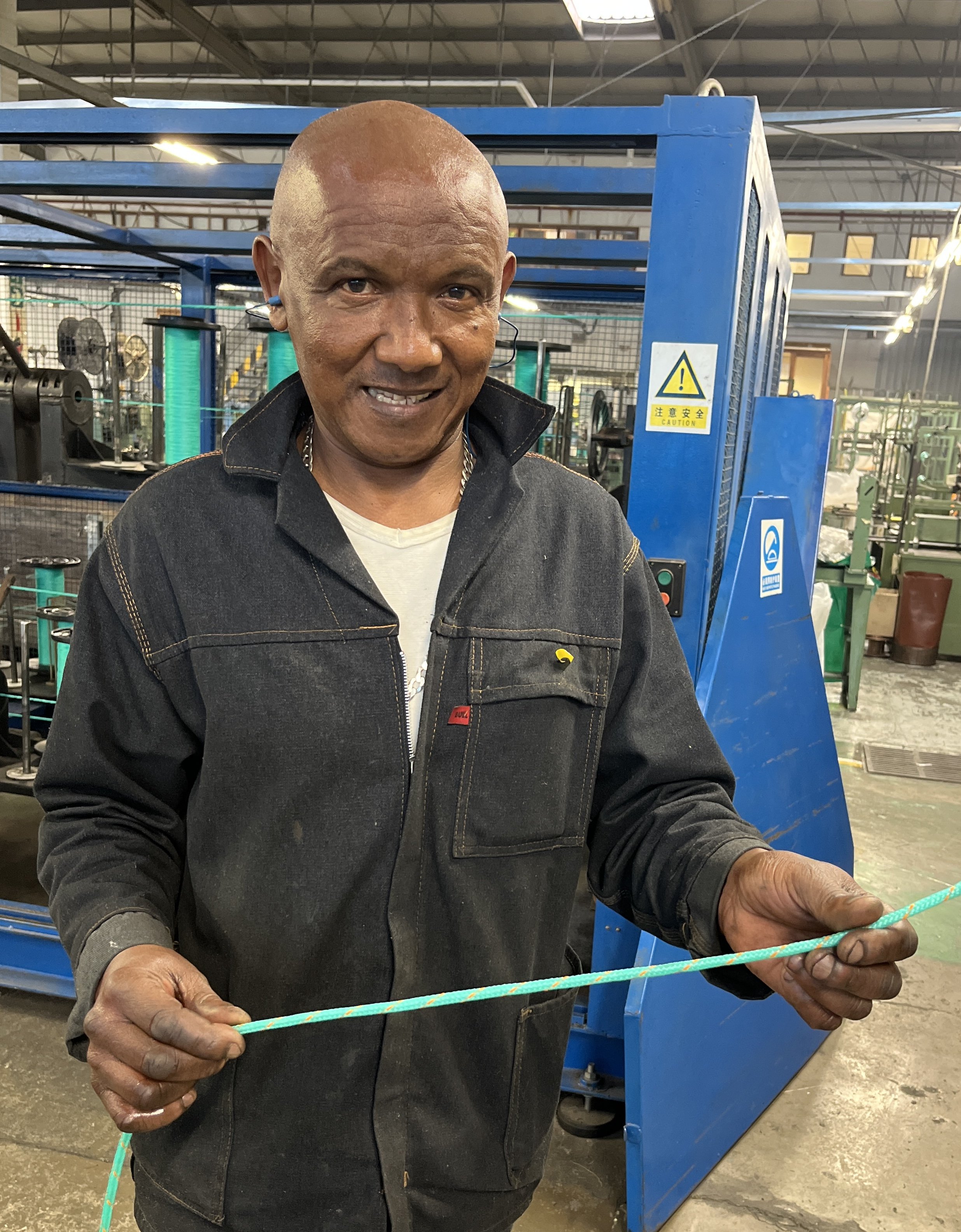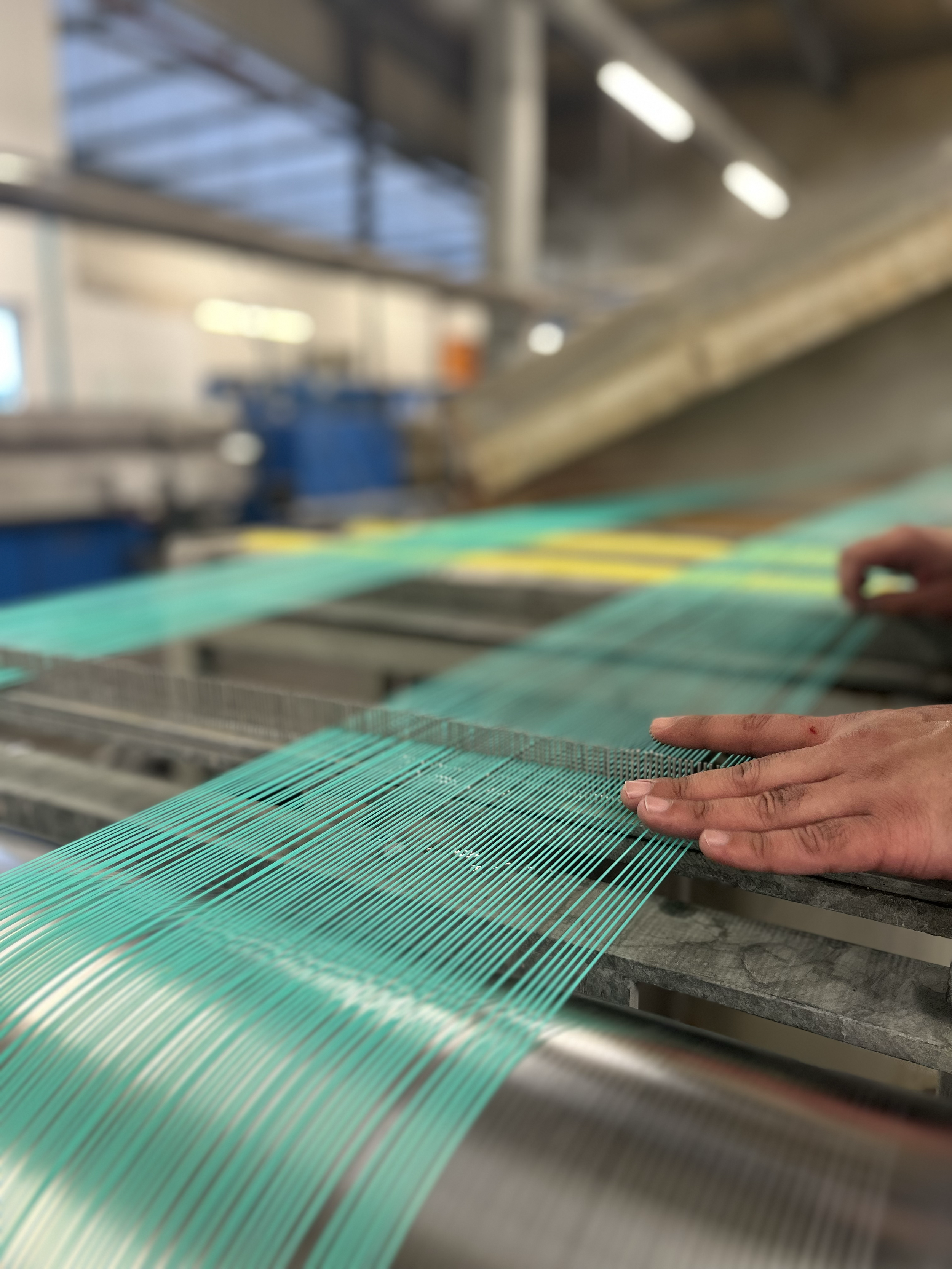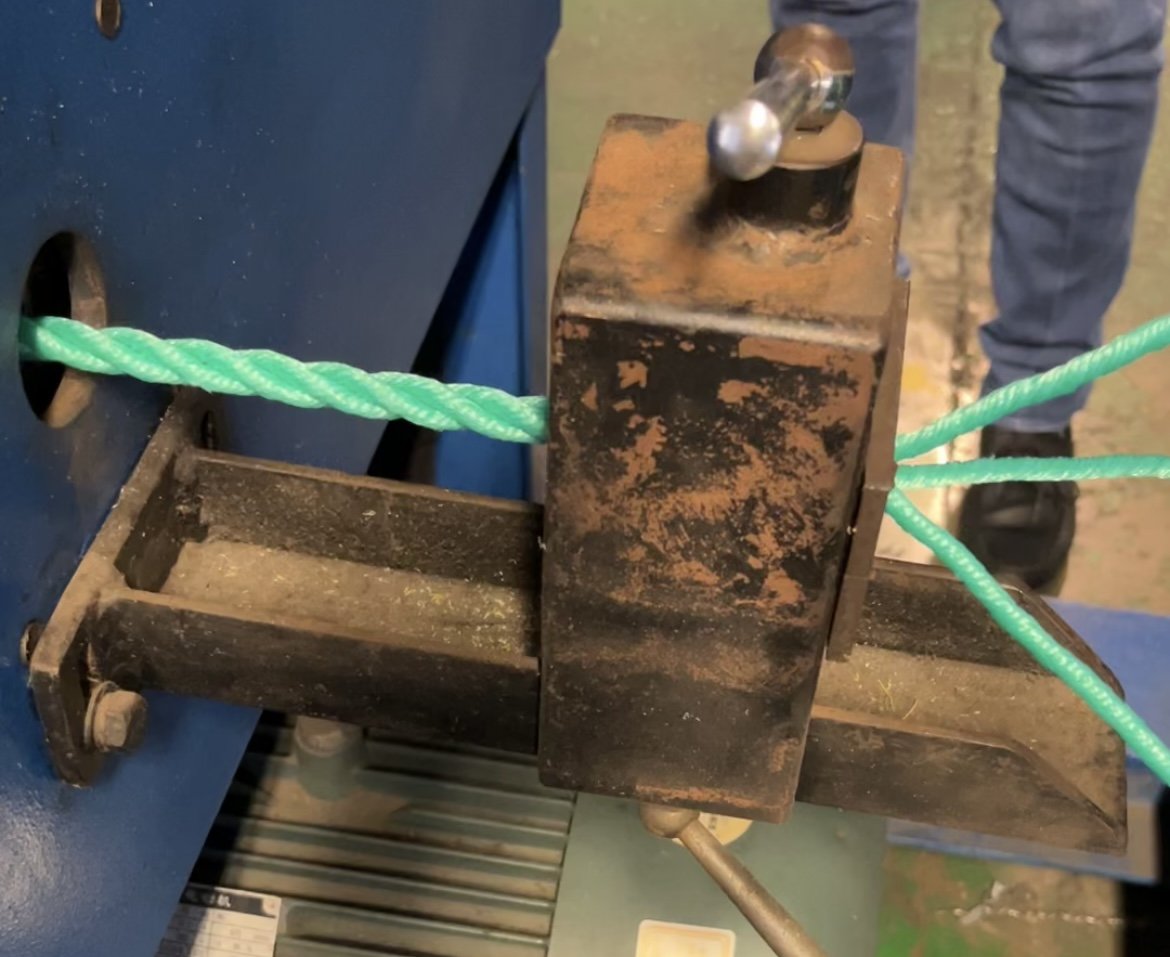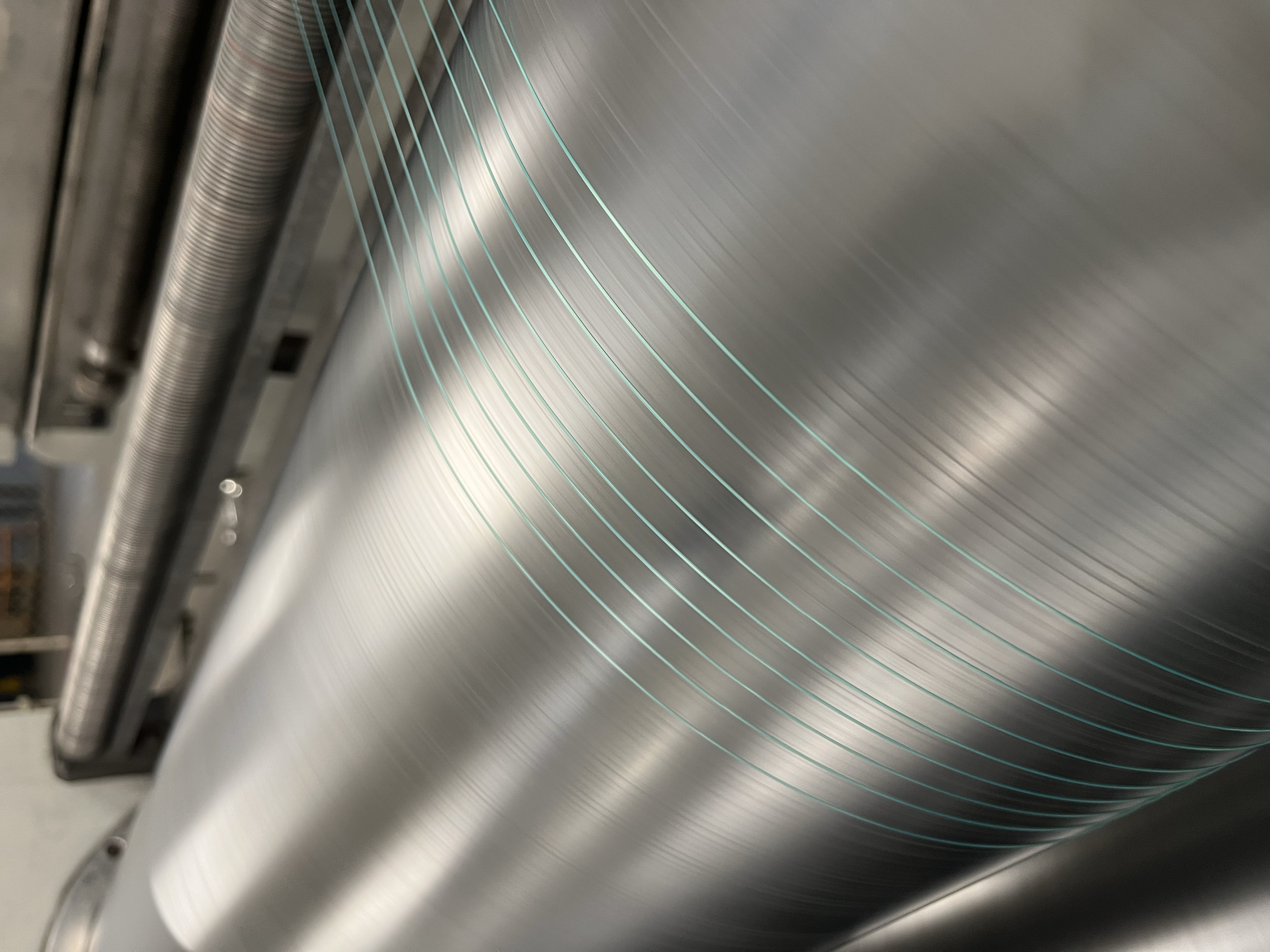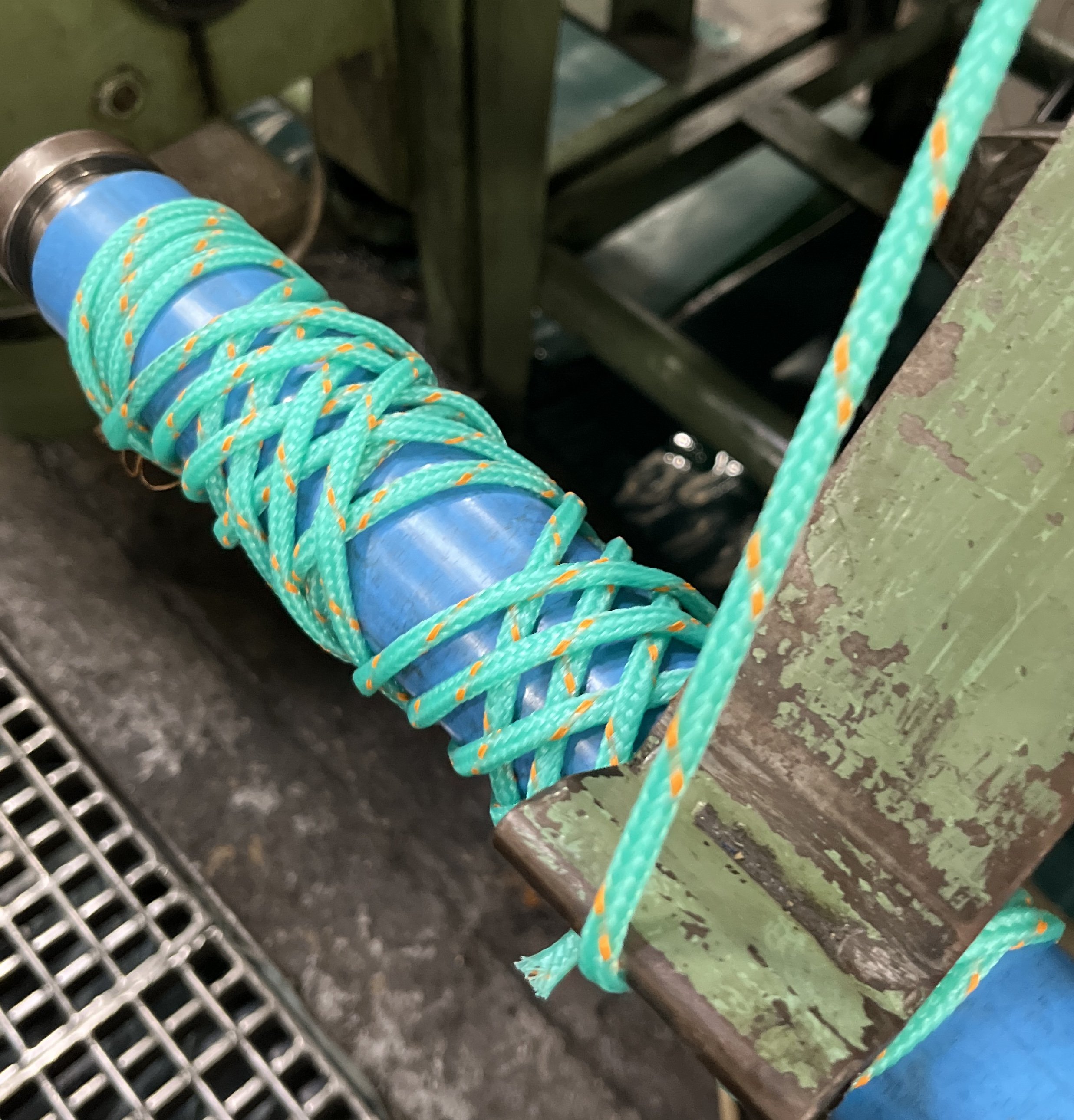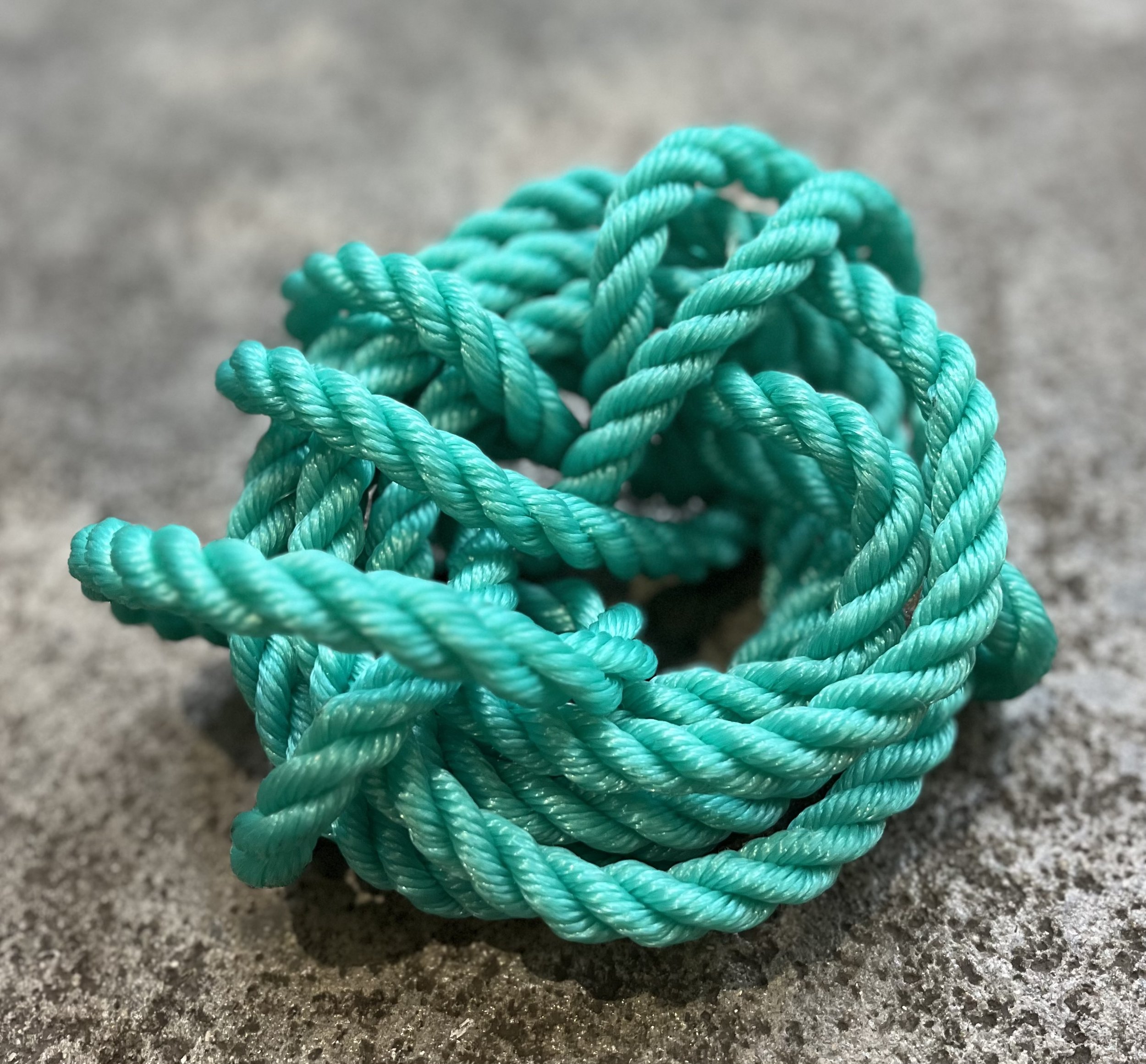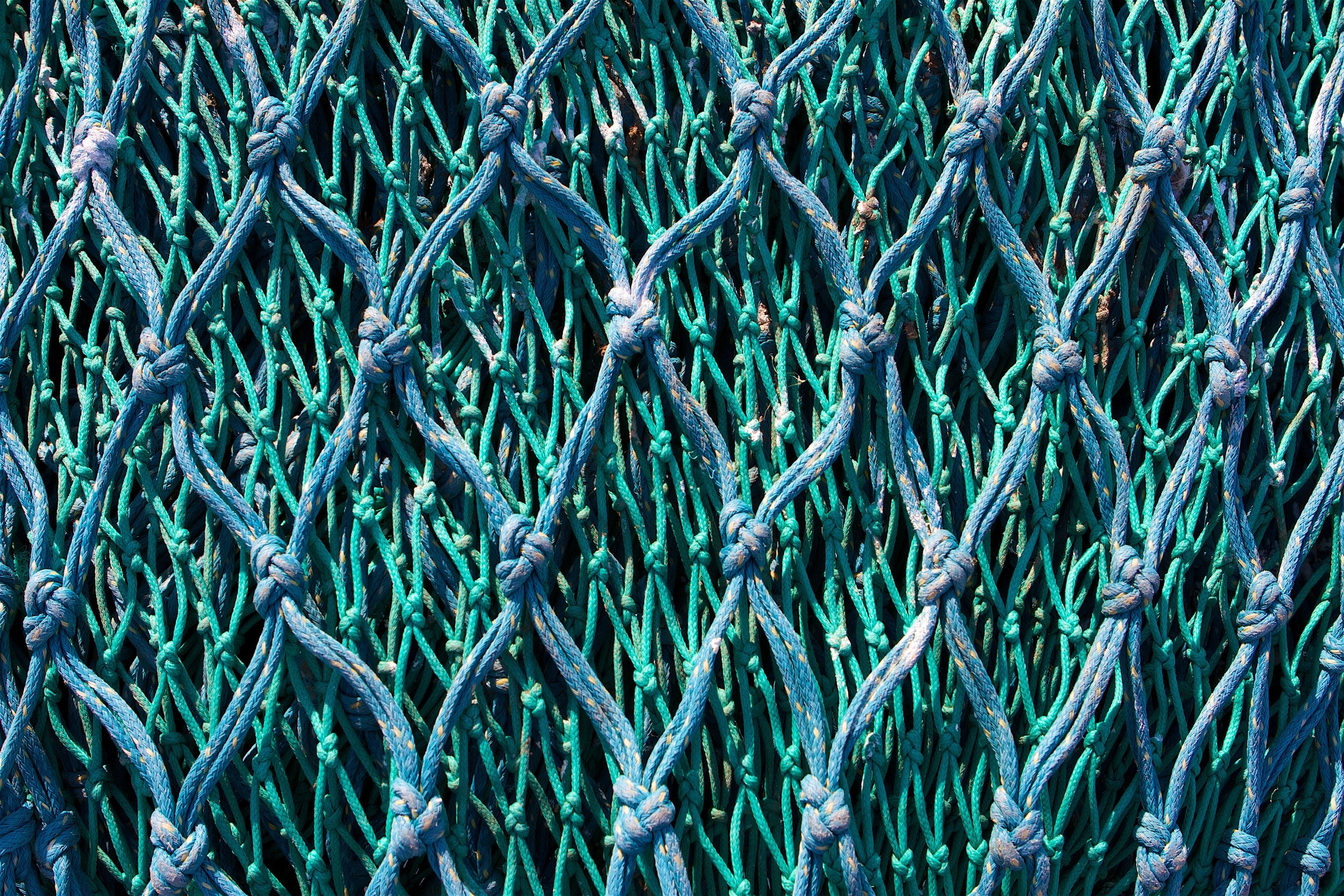Our Journey
Catchgreen’s project inception was in January 2022. Since then, we have come a long way. However, combating ghost fishing and plastics pollution in our oceans is no small task. Explore our project activities below to keep up to date with our progress.
Material Development
Catchgreen's biodegradable plastic has been researched and developed by Swedish-based GAIA Biomaterials. Biodolomer®Ocean is a mix of biobased polymers. These compostable and biodegradable materials offer a balance between strength and flexibility. They are designed with mono-extrusion and subsequent spinning of thread in mind. In addition, the material is non-toxic and has the potential to biodegrade in a marine environment where it is anticipated that it will break down to water and carbon dioxide with zero microplastics or toxins. Biodegradation in marine environments is being tested by Norweigan research organization SINTEF, to confirm that the material and subsequent fishing nets comply with agreed requirements and environmental standards. A Life Cycle Analysis on biodegradable fishing nets is undertaken by South African-based The Green House. See our report on the material development of Biodolomer®Ocean. More research is needed to prove the environmental impacts of Biodolomer®Ocean to provide conclusive evidence that the substitution material does not result in microplastics in the specific marine environment where it is being used. See our report and funding request for in-situ biodegradability testing.
Piloting
Catchgreen’s biodegradable fishing nets are being piloted in Kenyan and South African waters. These pilots are testing the functionality and efficiency of the biodegradable nets and ropes.
The Kenyan Marine and Fisheries Research Institute (KMFRI) has piloted biodegradable ropes for seaweed farming in Kubuyni, Kenya, increasing the biomass yield by up to 8% and facilitating the transition to commercially viable seaweed farming for small-scale farmers.
KMFRI, in collaboration with the Mikindani BMU, has piloted modified gillnets, demonstrating the same fishing efficiency as in traditional nylon nets and providing evidence to support a national replacement program for environmentally harmful gillnets.
Policy & Advocacy
Catchgreen supports global efforts on solving the problems of ghost fishing, and plastic pollution worldwide. We believe that part of the solution is the introduction and piloting of biodegradable fishing nets as an alternative to traditional fishing nets. The project is working with organisations such as the Food and Agriculture Organisation (FAO) and the Marine Stewardship Council (MSC) to include biodegradable fishing nets as a criterion for accreditation and with governments and the private sector to expand and improve waste management of old fishing nets to include composting. Catchgreen supports the South African Department of Fisheries in developing a responsible fishing gear management framework that will guide the entire lifecycle of fishing gear, from initial production through usage and ultimately to disposal and recycling, all while maintaining alignment with South Africa's environmental policies.
Catchgreen has established a strong presence at major global environmental forums, most notably at the INC Plastic Treaty Negotiations. During these sessions, we successfully presented our groundbreaking work on biodegradable ropes for seaweed farming, including preliminary findings that showed increased growth potential in warmer sea temperatures. Our participation in these high-level negotiations has helped position us as a leading voice in sustainable fishing practices and marine conservation.
Market
It is anticipated that some of our piloted, tested, and “eco-labelled” Catchgreen fishing nets and ropes will be commercially available by 2025. Catchgreen has two approaches to making its nets available to the market. The first is a conventional approach where fishers can purchase our biodegradable nets and ropes at market value. The second is a blended financing model, which focuses on providing access to biodegradable fishing nets to subsistence fisheries in the global south. The project is working with plastic-free deployment indicators and development finance to fund biodegradable fishing nets for small-scale fishers in East Africa. Biodolomer®Ocean will also be commercially available as a compound.
Made by Africa, for the World.

